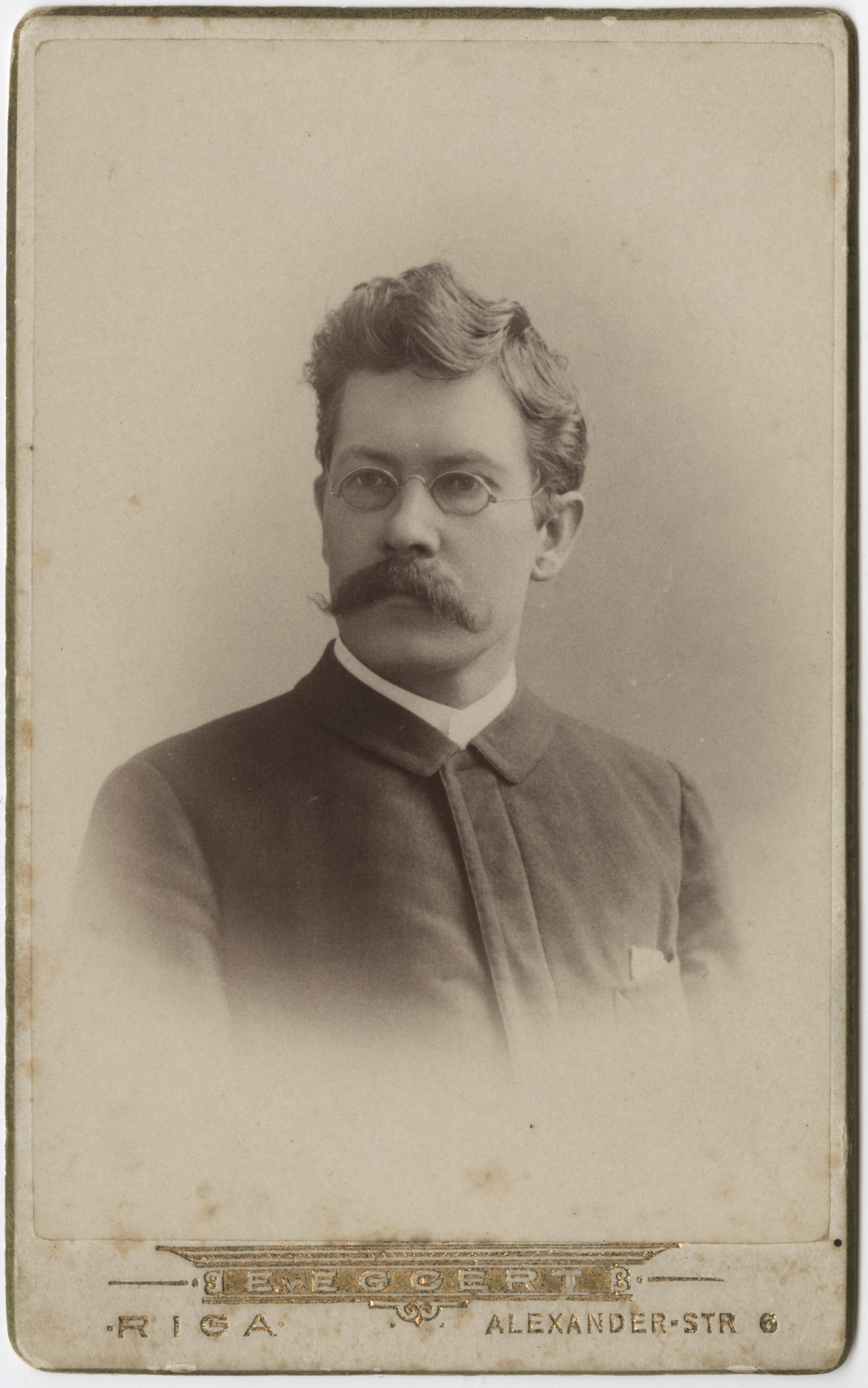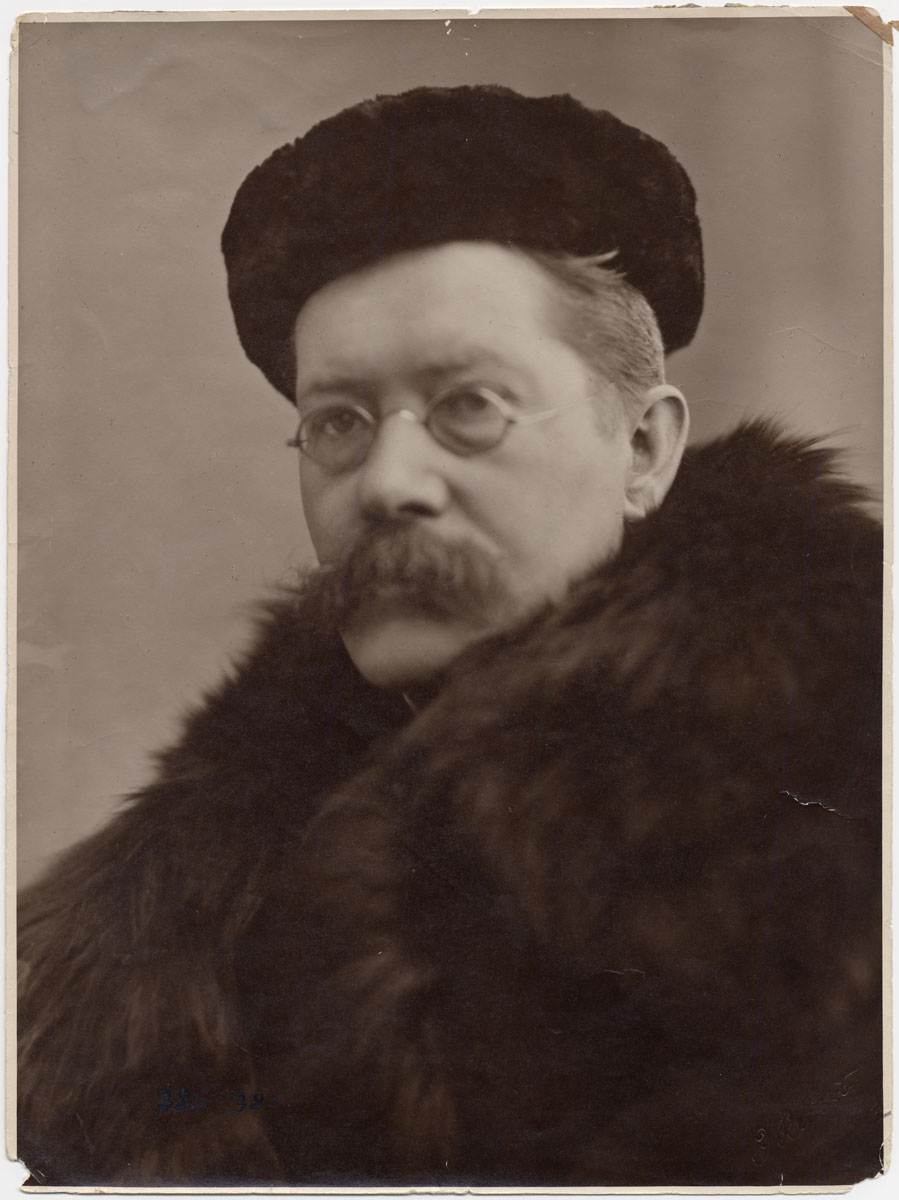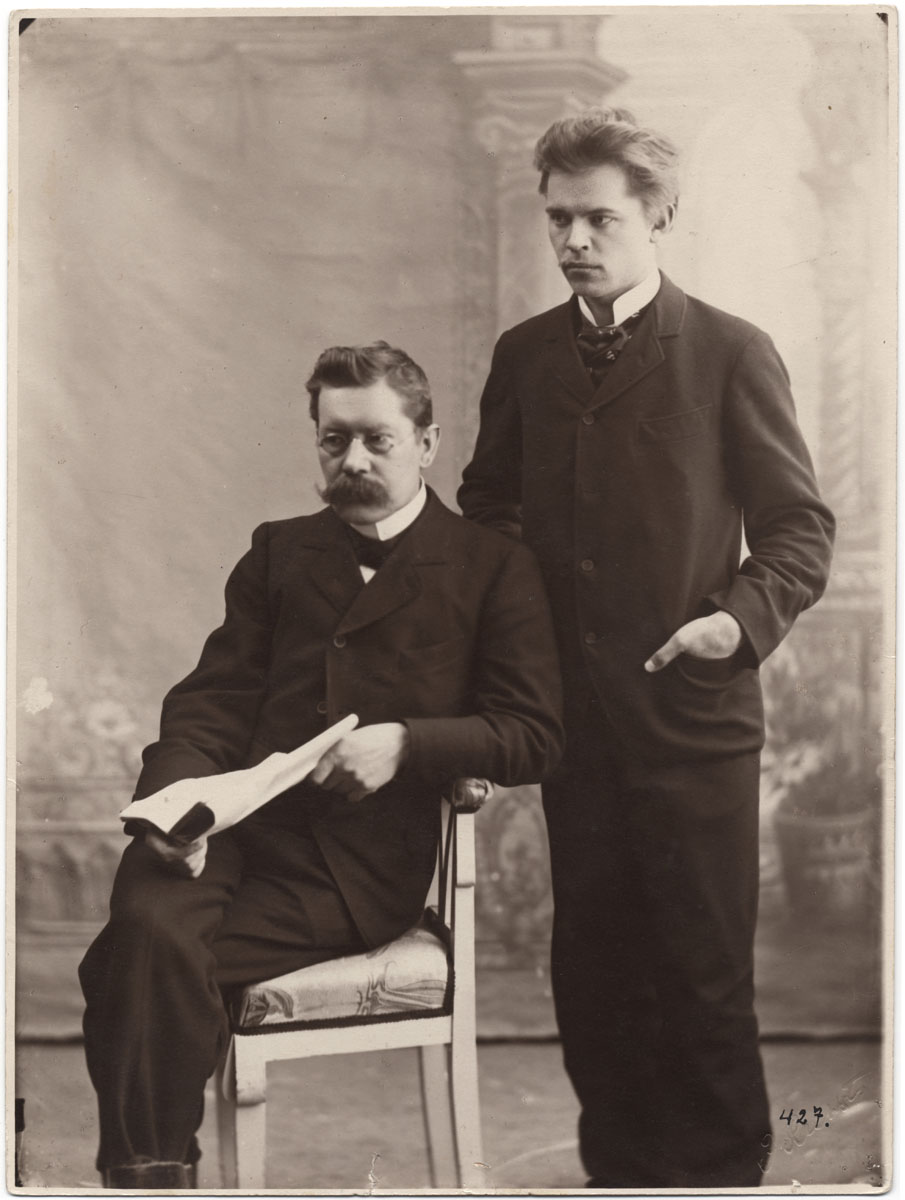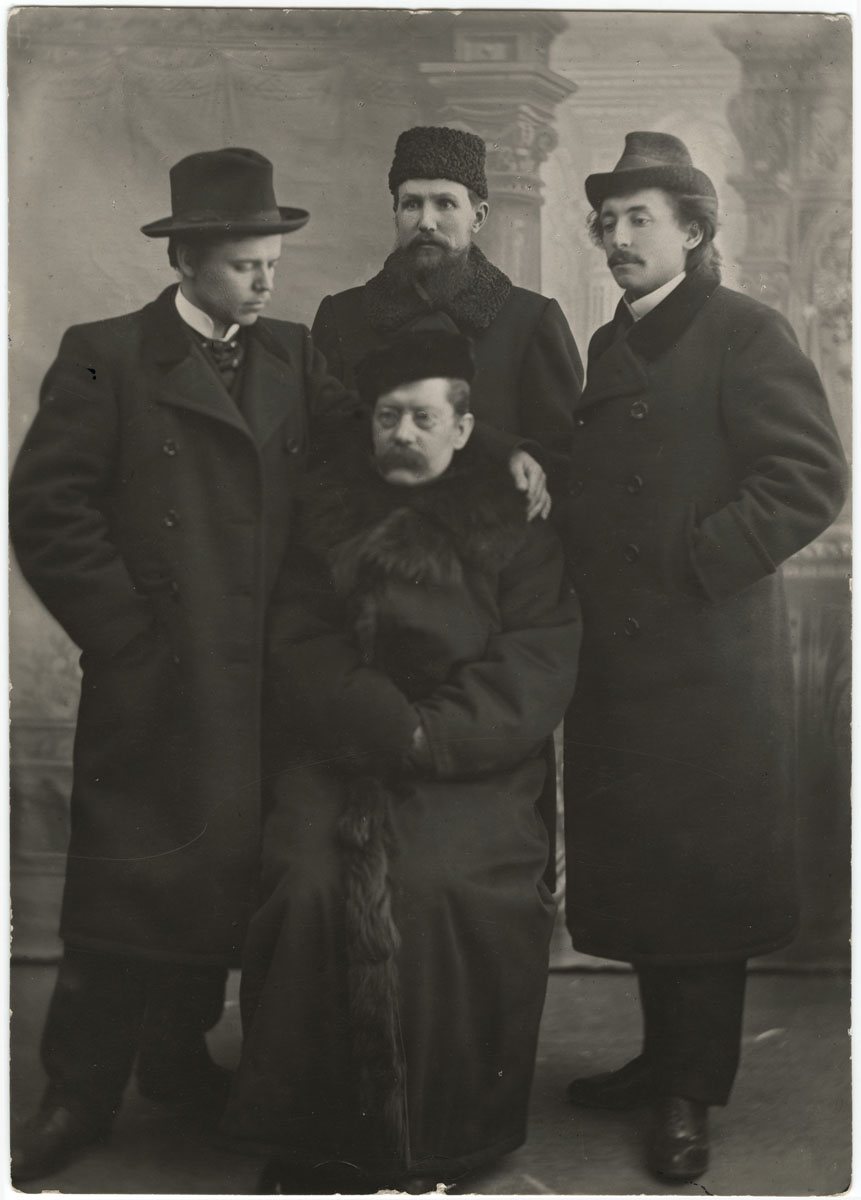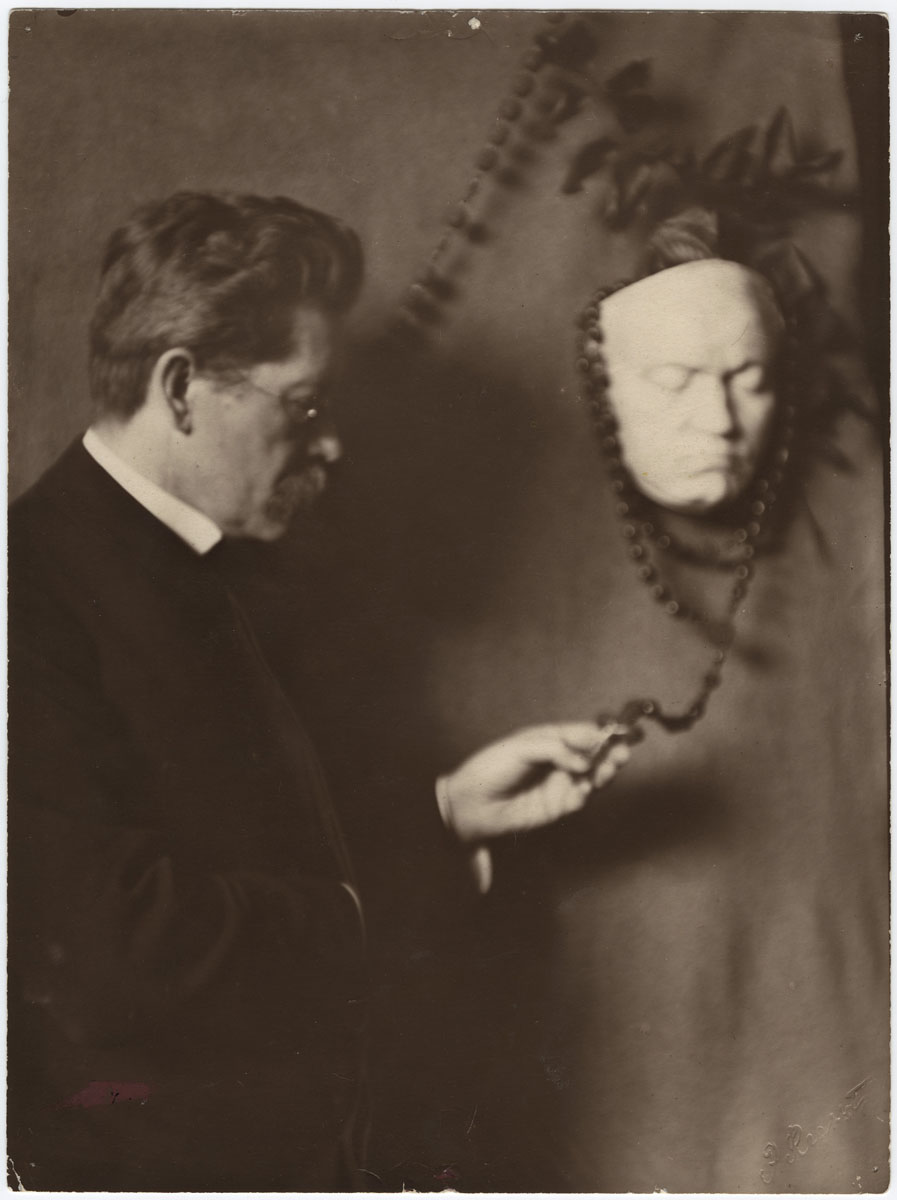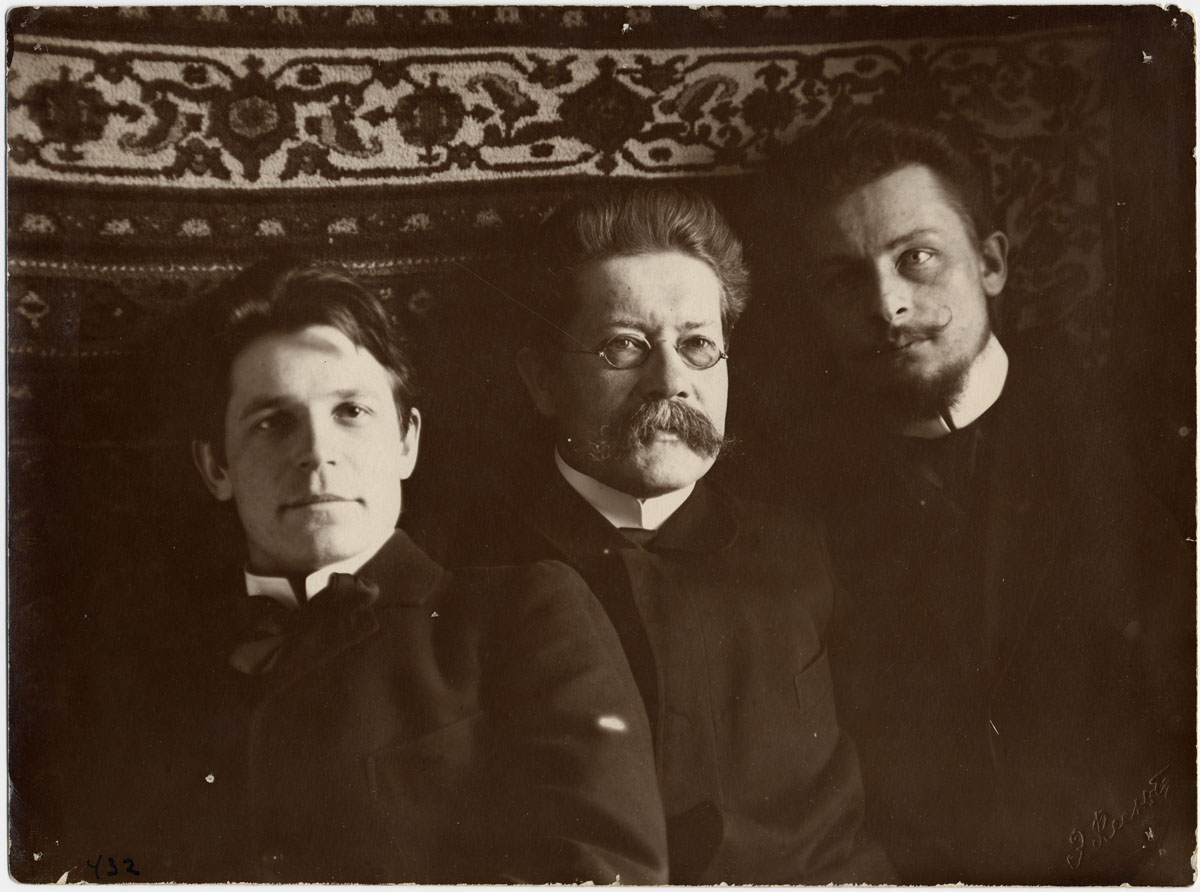Rūdolfs Blaumanis was one of the most brilliant Latvian authors of the late 19th and early 20th century, and he remains much beloved today. Kindness was Blaumanis’ Leitmotif throughout his life, and that was reflected how he treated his family, his servants, new and emerging authors and the main characters in his books. He was a true people’s author without ever officially being named as such.
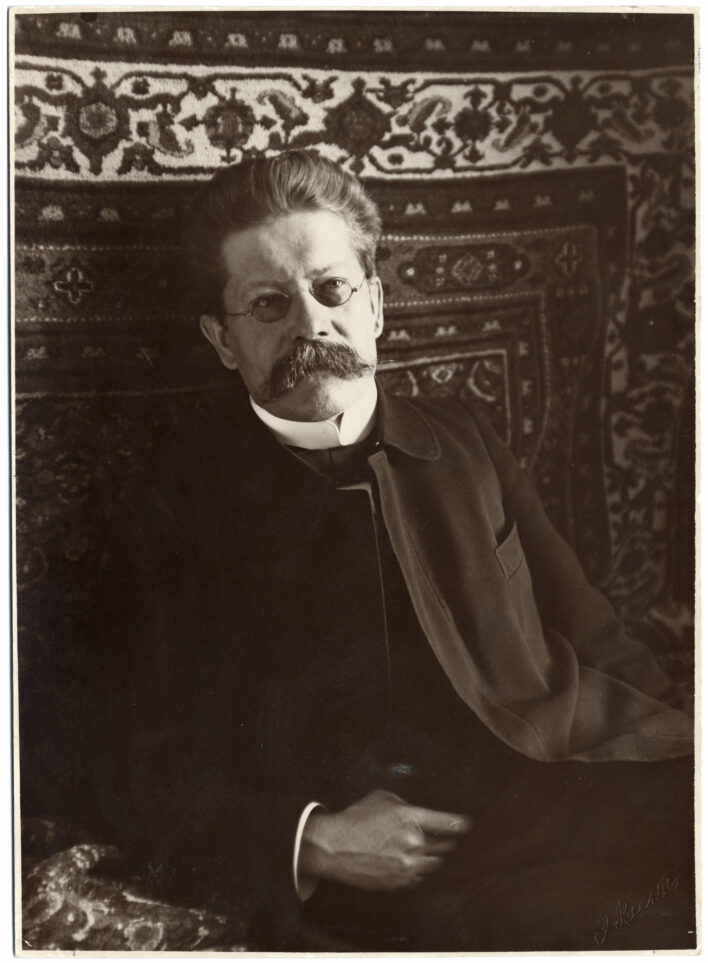
Rūdolfs Blaumanis
1863–1908
Galerija
Blaumanis wrote poetry, prose and plays. These are part of the Latvian cultural canon. He was a true master at developing his characters in psychological terms, revealing the social environment and society of the turn of the century and speaking to human values and the nature and motivations of people. This approach interests readers and visitors to the theatre to this very day.
The author was known for clear and honest work and behaviour in terms of how he treated his friends. He set an example as a man who spoke clearly, openly and frankly. Rūdolfs Blaumanis was often sick, but he never complained. As a man, he tried to overcome difficulties and problems with hard work. He tried to teach his younger friends to study while they were young and to work, continue to study and to improve themselves as adults. Blaumanis reread all of his work and edited it. He demanded the same careful approach from new participants in the literary world.
Blaumanis was equally pedantic when it came to apparel. When he appeared before an audience with readings, he always prepared very carefully, and he hated seeing anyone who was unkempt. The writer also disliked drunkards, because he believed that the human body was frail and sensitive and that each artist had to protect it very carefully in the name of his talent and abilities.
Blaumanis presented himself as a reticent, delicate, calm and seemingly slow man, but in truth he could be merry, cosy and clever. Few people ever saw him depressed or tragic when Blaumanis wept about the fate of his literary characters or about the problems or material difficulties of his relatives. These problems persecuted Rūdolfs Blaumanis throughout his short life. Despite this, he dreamed about building a home in Ērgļi for impoverished writers and artists. Love for others was not a set of empty words for Blaumanis. “How can I love humanity, which I have never seen, if I don’t love the person who is perhaps suffering alongside me?,” he once wrote. “Help the human, and you will have served humanity.” Blaumanis was always a giver, whether it was good and acceptable advice, practical things or cash loans. Blaumanis often borrowed money from wealthier acquaintances so that he could lend it to others.
Rūdolfs Blaumanis loved the homestead where he lived, “Braki.” He adored nature and the earth, and he tended to his homestead as best as he could. It was a great place to write, and that is where Blaumanis wanted to die. Blaumanis hosted friends and guests, and after his father’s death, he learned how to run the farm and to plant trees. He sometimes wanted to abandon the process, but his love for “Braki” was so great that he never did do. The homestead had simply given him too much strength.

